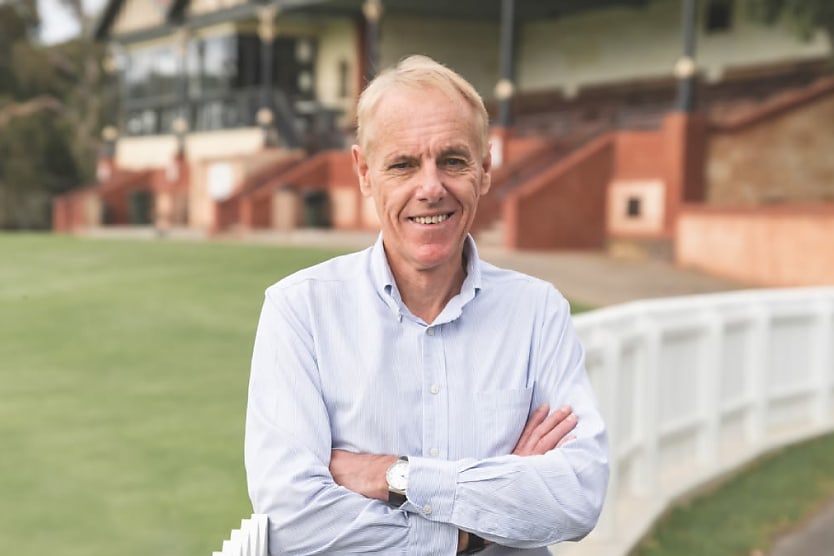
According to one psychologist, psychological safety throughout the Australian workplace is being used as a convenient ploy to dodge “tough stuff”.
Graham Winter, psychologist, founder, and author of Think One Team, has made somewhat of a controversial claim, calling out organisations or individuals who tend to use psychological safety measures to get out of hard work that may arise.
“Has a day gone by this year when you didn’t hear someone talk about creating workplaces where people feel safe to speak up? Psychological safety is everywhere, carrying the promise of endless benefits. But here’s the thing – while safety is crucial, is it also becoming a convenient excuse to dodge the tough stuff?” Winter said.
“I’ve seen teams where the fear of breaching some unwritten covenant of psychological safety has turned into a shield that blocks accountability, stifles honest feedback, and ironically, leaves bad behaviour unchallenged. Feeling safe matters, but without accountability, it’s just another comfort zone.”
Of course, psychological safety is an important factor in the workplace; Winter does not concede this. However, he speaks to a complacency trap that can become a factor in originations, which often leads to accountability going out the window.
“When people feel they can speak up, ideas flow, mistakes become opportunities to learn, and innovation thrives. But without accountability, safety alone leads to soft feedback, slipping standards, and tough issues being swept aside. It’s comfortable – but it’s far from high performance,” he said.
“For decades, I’ve coached high-performing teams across business, government, elite sport, and first responders. What I’ve seen time and again is that the best teams know real teamwork in demanding environments requires more than just feeling safe – it demands a relentless commitment to team values, purpose, and standards, all reinforced by a dynamic cycle of alignment, collaboration, and learning.”
Winter broke down a process that can assist organisations by fostering an environment where workers feel committed to their team and where accountability is present.
“Align: aligned teams commit to a shared purpose and goals, engage in tough conversations, and hold each other accountable,” Winter said.
“Collaborate: true collaboration goes beyond just getting along – it’s about selfless sharing, robust problem solving, and co-creating solutions.”
“Learn: high-performing teams prioritise learning at pace. They challenge each other, own their mistakes, and take full accountability for their actions. This action-learning mindset gives them the agility to adapt fast, which is a critical advantage in today’s workplace.”
Overall, adopting the align-collaborate-learn process can result in organisations entering the “thriving zone” where they may be able to reach those desired business outcomes.
“The thriving zone is the sweet spot where psychological safety meets collective accountability. It’s where people feel bold enough to speak up and also know they’re responsible for their actions. It’s safe, but it’s not soft,” Winter said.
“Teams in the thriving zone don’t just rely on feeling good – they rely on a disciplined approach to accountability. They embed feedback loops, debrief regularly, and keep the focus on continuous improvement.
“The align-collaborate-learn model tells us that safety and accountability aren’t at odds – they’re the fuel for high performance.”
Kace O'Neill
Kace O'Neill is a Graduate Journalist for HR Leader. Kace studied Media Communications and Maori studies at the University of Otago, he has a passion for sports and storytelling.










